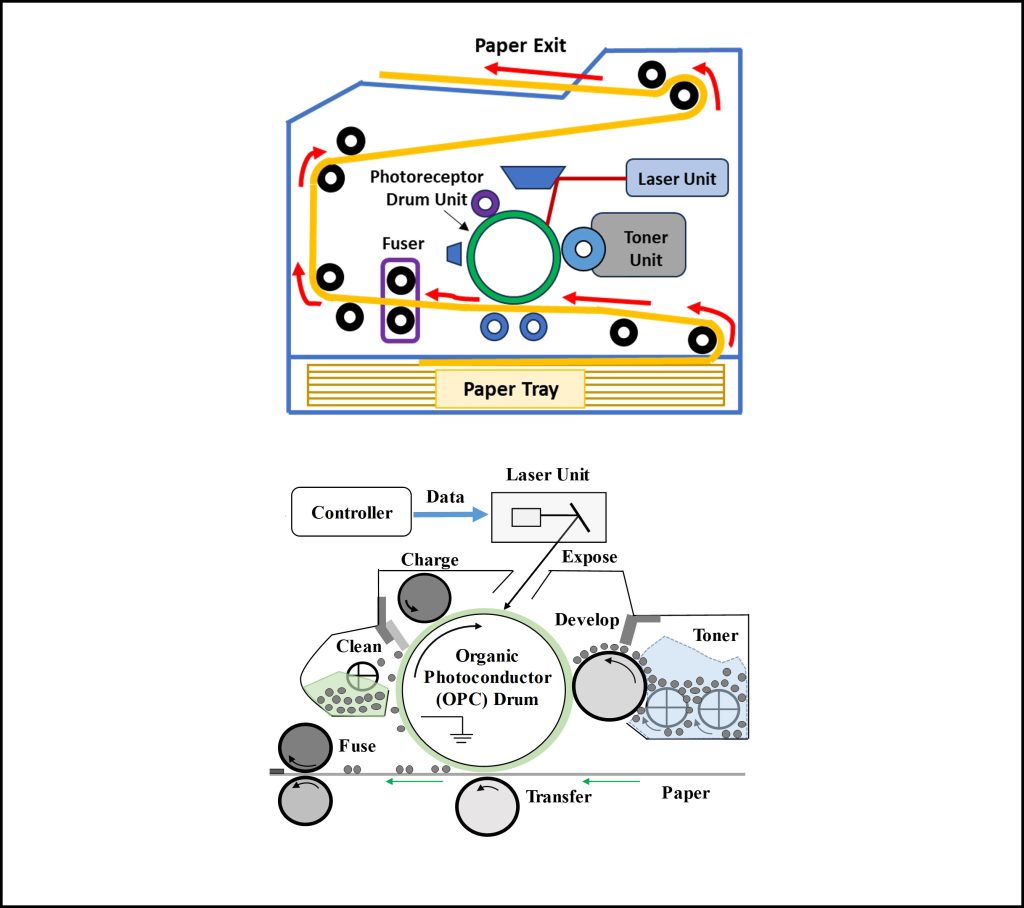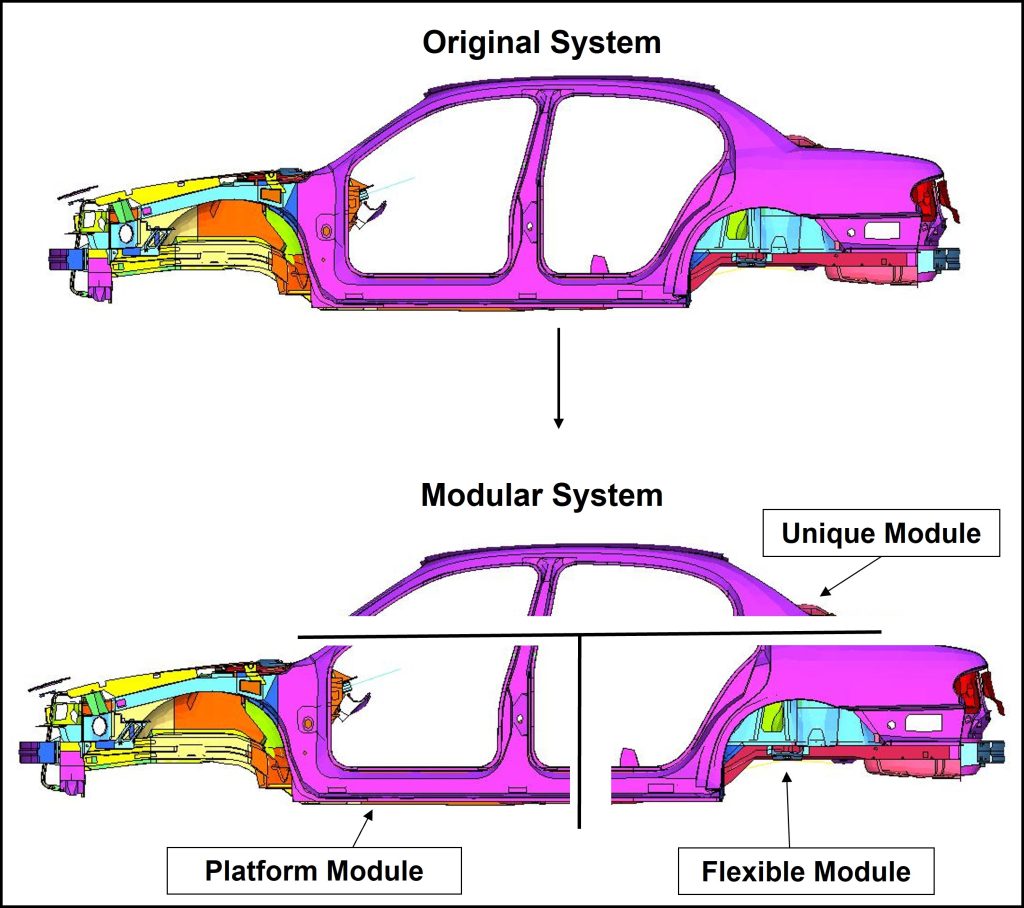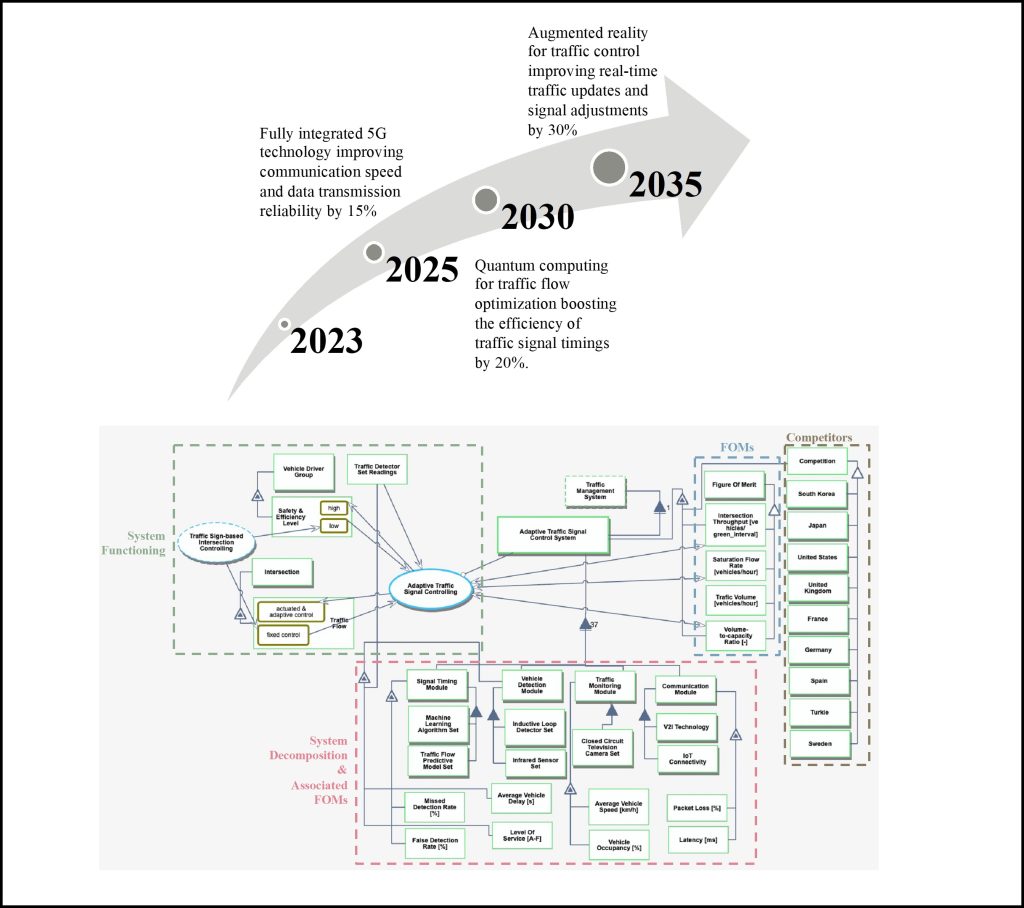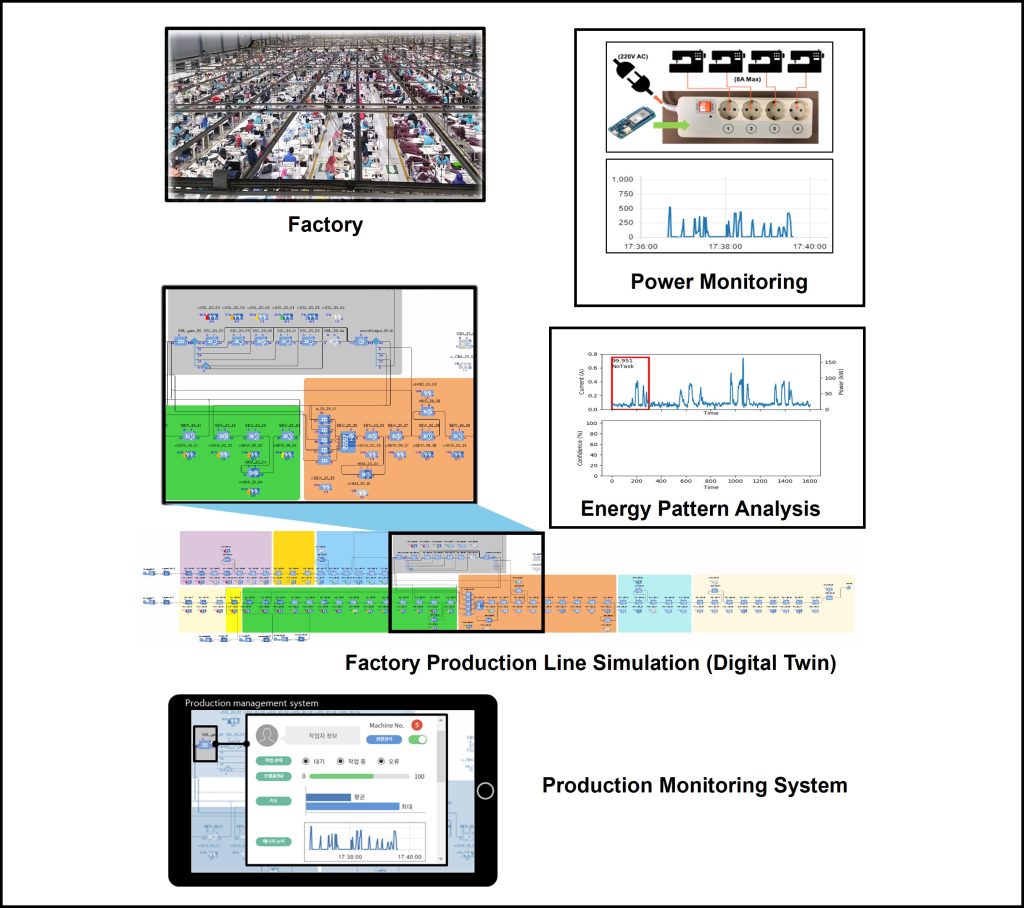Research Topics
System Architecture Design

System architecture design and optimization is the most critical factor that influences a system’s overall performance, development time, development cost, and the overall lifecycle operation cost. At the Systems Engineering Laboratory, we are developing various methodologies and algorithms to design and optimize system architecture more efficiently.
Key Publications
1. Balaci, A., Suh, E., Hwang, J., “Systematic application of traffic-signal-control system architecture design and selection using model-based systems engineering and Pareto frontier analysis”, Systems Engineering, 27(5), 2024, pp. 931-954 (Link)
2. Jung, S., Sinha, K., Suh, E., “Domain mapping matrix-based metric for measuring system design complexity”, IEEE Transactions on Engineering Management, 69(5), 2022, pp. 2187-2195 (Link)
3. Ahn, J., Choi, M., Suh, E., “Entropy based system assessment metric for determining architecture’s robustness to different stakeholder perspectives”, Systems Engineering, 21, 2018, pp. 476-489 (Link)
Modular System Design

One of the best ways to manage complex system design and development is to modularize the system architecture for efficient design, development and integration. At the Systems Engineering Laboratory, we conduct extensive research on modular system design, and implement our findings across various industrial systems.
Key Publications
1. Suh, E., de Weck, O., Chang, D., “Flexible product platforms: framework and case study”, Research in Engineering Design, 18(2), 2007, pp. 67-89 (Link)
2. Sinha, K., Suh, E., “Pareto-optimization of complex system architecture for structural complexity and modularity”, Research in Engineering Design, 29, 2018, pp. 123-141 (Link)
3. Suh, E., Sinha, K., Ahn, J., “Multi-attribute optimization-based system decomposition considering several value chain stakeholder perspectives”, Research in Engineering Design, 31, 2020, pp. 411-428 (Link)
Model-Based Technology Roadmapping

To increase market share and maintain a competitive edge, hi-tech companies must research, develop and infuse new technologies into their products. This process requires strategic technology roadmaps to guide the development and infusion of these technologies into future products. At the Systems Engineering Laboratory, we are developing two innovative frameworks: a model-based technology roadmapping framework and model-based technology infusion and valuation framework.
Key Publications
1. Balaci, A., Suh, E., “Systematic approach to a government-led technology roadmap for future-ready adaptive traffic signal control system”, Systems Engineering, Online, 2024 (Link)
2. Moon, J., Suh, E., “Multiple technology Infusion assessment: a framework and case study”, Research in Engineering Design, 34, 2023, pp. 347-366 (Link)
3. Suh, E., Furst, M., Mihalyov, K., de Weck, O., “Technology infusion for complex systems: a framework and case study”, Systems Engineering, 13, 2010, pp. 186-203 (Link)
Smart Factory Modelling

With the emergence of IoT and digital twin technologies, the production system paradigm is rapidly shifting towards a smart factory based approach. Companies are increasingly embracing and adopting this paradigm to gain a competitive advantage. In our laboratory, we have conducted research with a clothing manufacturing firm to transform their production system into a smart technology-based system.
Key Publications
1. Jung, W., Song, Y., Suh, E., “Garment production line optimization using production information based on real-time power monitoring data”, Systems Engineering, 27(2), 2024, pp. 338-353 (Link)
2. Jung, W., Kim, H., Park, Y., Lee, J., Suh, E., “Real-time data-driven discrete-event simulation for garment production lines”, Production Planning & Control, 33(5), 2033, pp. 480-491 (Link)
3. Jung, W., Park, Y., Suh, E., “Simulation-based hybrid optimization method for the digital twin of garment production lines”, Journal of Computing and Information Science in Engineering, 21(3), 2021 (Link)
